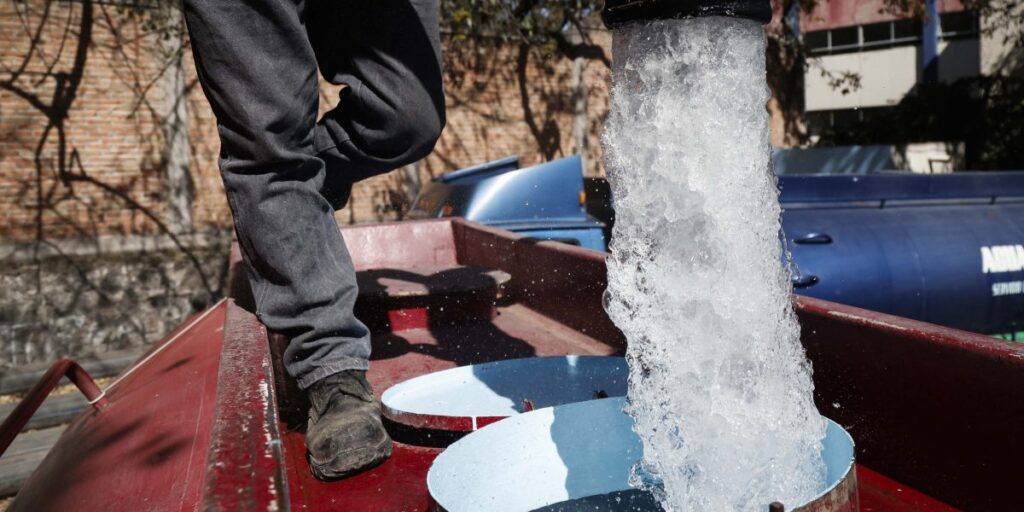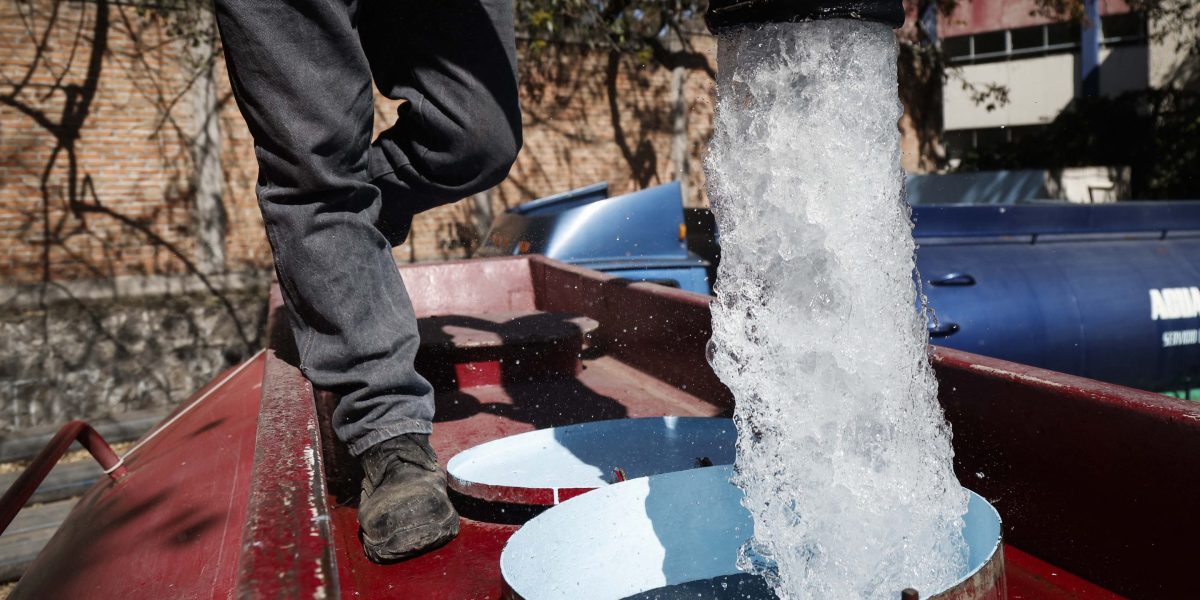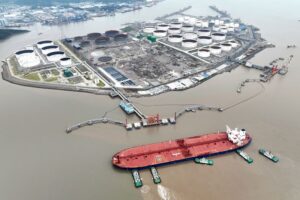40% of the world’s water needs will go unmet by 2030 as desalination tech plateaus
I believe that competition can bring out the best in people and the brightest ideas, writes Anousheh Ansari.


Around the world, most major cities are past Day Zero—the day when the water supply is estimated to run out. Currently, one in four people worldwide do not have access to safe drinking water, and 4 billion people live in water-scarce areas, a number that is predicted to rise to 5 billion by 2050.
This issue does not discriminate. Many people on the planet already encounter water stress, which will only be exacerbated as water scarcity increases. It impacts communities from the Middle East and North Africa to places in the United States such as Texas, California, Florida, Arizona, Colorado, and Oklahoma.
Water scarcity can fuel unrest and migration while also disproportionately impacting women and compromising security. The increased pressure on available resources caused by urbanization, climate change, and a growing population all contribute to the challenges of ensuring the 0.5% of Earth’s water that is available and usable can support all 8 billion people. This is a global challenge on a scale never seen before—and breakthrough innovations are not just needed but also necessary.
Urgent needs call for bold new solutions
Humanity’s current water supplies come from 98% underground sources, and 1% from seawater desalination. Underground aquifers are drying due to excessive pumping that can greatly reduce the amount of water in well supplies. Oceans hold about 96% of Earth’s water, but current seawater desalination solutions are too expensive and not sustainable enough to meet the increasing demand for freshwater globally.
Desalination is a mature and well-established industry. However, there haven’t been significant technological breakthroughs in desalination since the early 2000s. Reverse osmosis (RO) has been the benchmark for efficient desalination—but it is reaching its limits and innovation opportunities are increasingly marginal.
Unfortunately, current desalination technologies are unsustainable, operating mostly using fossil fuels and water treatment materials that have environmental impacts. Additionally, water intake and brine output (disposal of a water and salt mixture into open bodies of water) take a significant toll on vulnerable marine ecosystems.
The need for more reliable, sustainable, and affordable seawater desalination solutions becomes even clearer when you look at the numbers. Right now, 16,876 desalination plants in 177 countries produce enough desalinated water to support up to 972 million people per day, which equates to only 1% of the world’s clean water supply. Yet, by 2030, 40% of the world’s clean water demands are expected to go unmet. Desalination is largely limited to those who can afford it: Desalinated water is just 1% of global water use with 71% of desalination plants operating in high-income countries.
Incentivizing the world’s innovators to compete and solve this grand challenge
Across the world, an enhanced urgency to tackle the water scarcity crisis is coming to a head with the brightest minds laser-focused on finding solutions to ensure a better future for the generations to come. Joining the fight against water scarcity are international organizations and government affiliations such as the United Nations and the World Wildlife Fund. These groups developed frameworks and water-saving practices that are operating to help save the planet. I deeply admire them and organizations with the same goal for their commitment to a better future.
I believe that competition can bring out the best in people and the brightest ideas. At XPRIZE Foundation, our mission is to solve humanity’s grand challenges through executing impactful international competitions. Our global water scarcity five-year competition, in partnership with our title sponsor, the Mohamed bin Zayed Water Initiative, offers $119 million to teams of innovators that can create sustainable, equitable, and affordable seawater desalination solutions that drive reliable widespread access to clean water. We are also prioritizing enhanced environmental sustainability across energy and membrane materials, and minimizing harm to marine life.
Water is essential for life on Earth, and water scarcity will impact all of us. It is going to take a village of initiatives like ours to build a better future with reliable, sustainable, and affordable desalination solutions that increase universal access to clean water so that all of humanity can thrive. But I am hopeful that affordable, reliable, and sustainable desalination solutions will be available to us in the near future as the world’s brightest minds step up to the plate.
More must-read commentary published by Fortune:
The opinions expressed in Fortune.com commentary pieces are solely the views of their authors and do not necessarily reflect the opinions and beliefs of Fortune.







